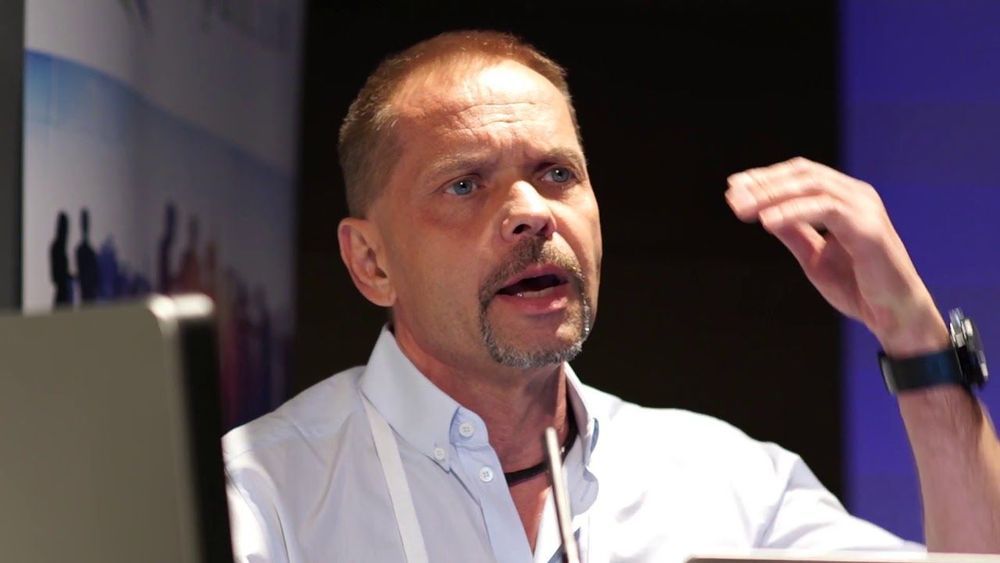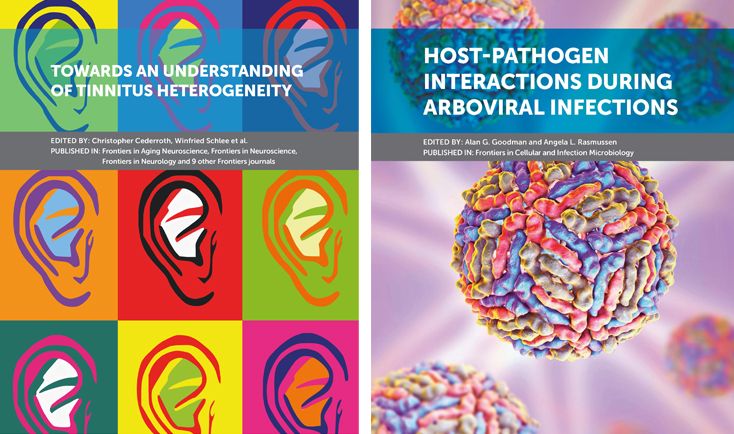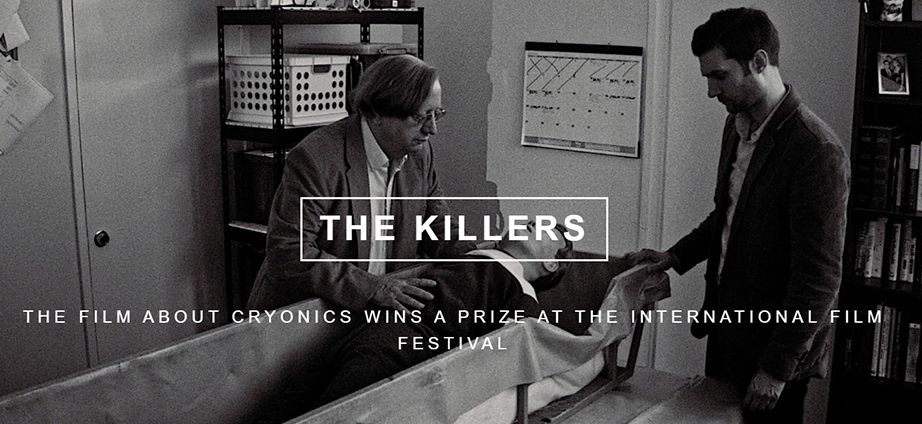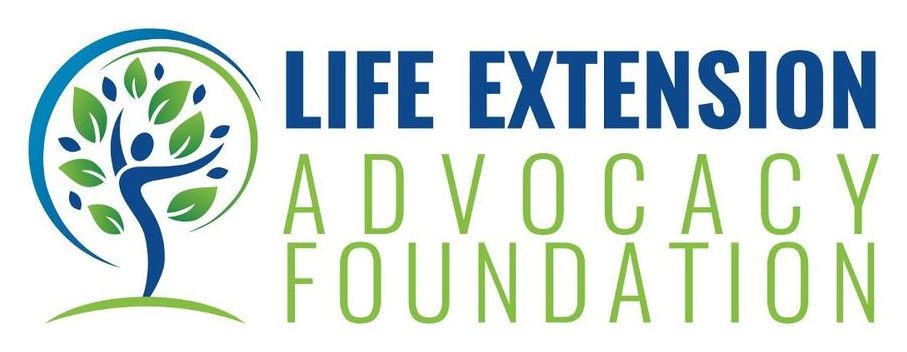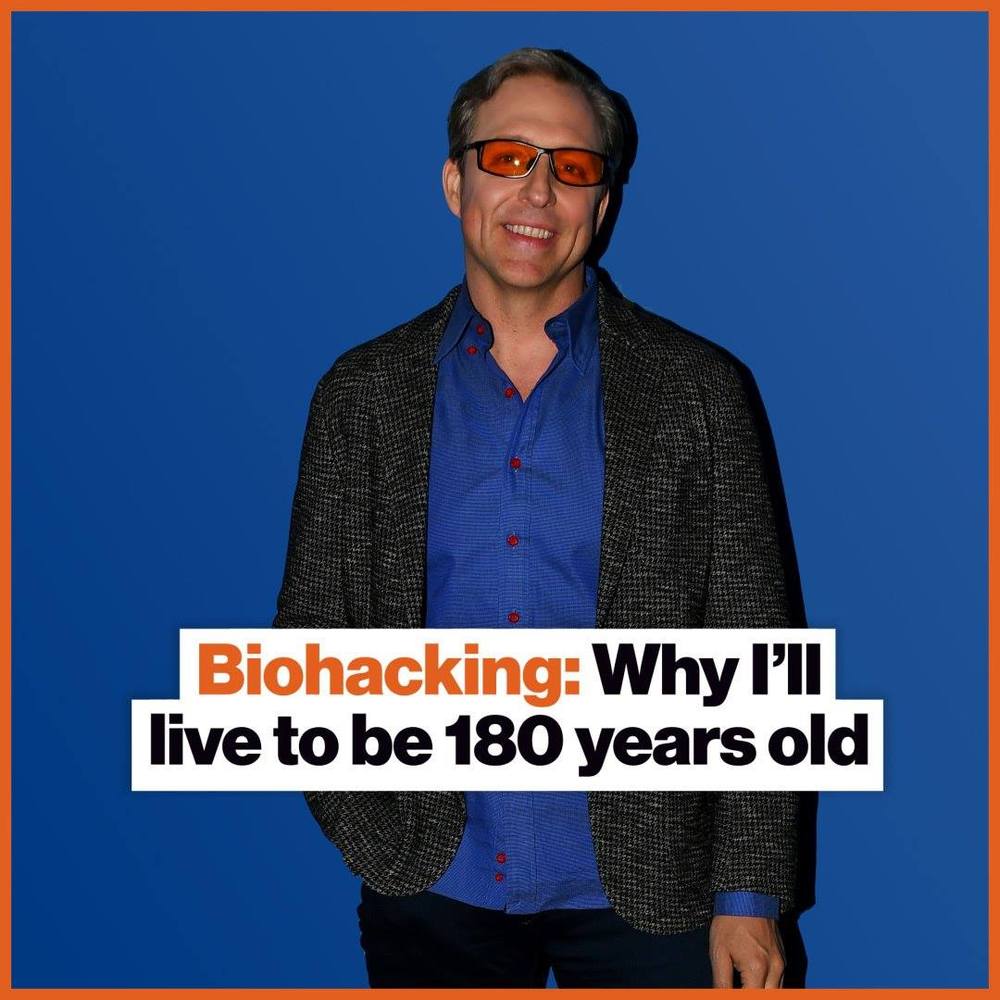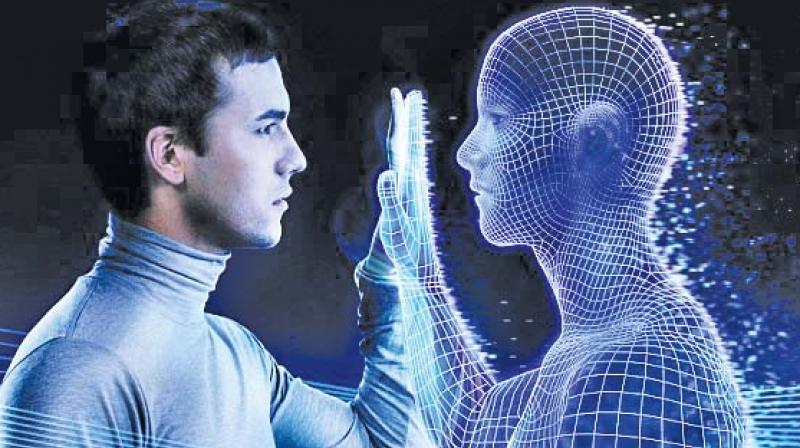The Killers, the short film about cryonics shot by Russian director Vlad Kozlov, who works in the USA, won a Best Director prize at the 37th Flickers: Rhode Island International Film Festival (RIIFF).
RIIFF is one of the most important international film festivals supporting independent filmmakers. The festival has been held annually since 1982 during the second week of August and lasts six days. Its main goal is to discover new talents of independent cinema. More than 5,426 independent films selected from more than 68,000 received applications were presented to the public during the time of existence of the festival. In 2019, 321 films from 51 countries were presented at the festival, which was held from August 6 to August 11 in Rhode Island, USA.
Cryonics as the central element of the plot was shown in a film of this level for the first time. The main roles in the film are played by world-famous actors such as Sherilyn Fenn (Twin Peaks) and Franco Nero (Django). The role of Max, the main character, was played by a young and promising American actor Jeff DuJardin, who had previously worked with Vlad Kozlov on the set of Silent Life, the film about the star of silent film Rudolf Valentino. The producers of the film are Vlad Kozlov, Natalia Dar, Yury Ponomarev, Dmitry Pristankov and David Roberson.
